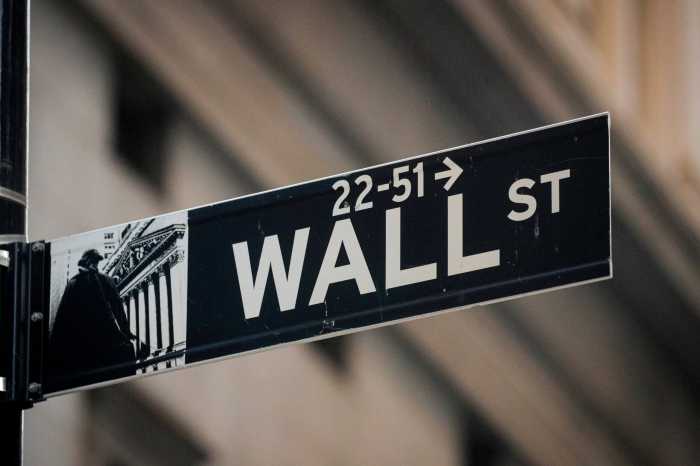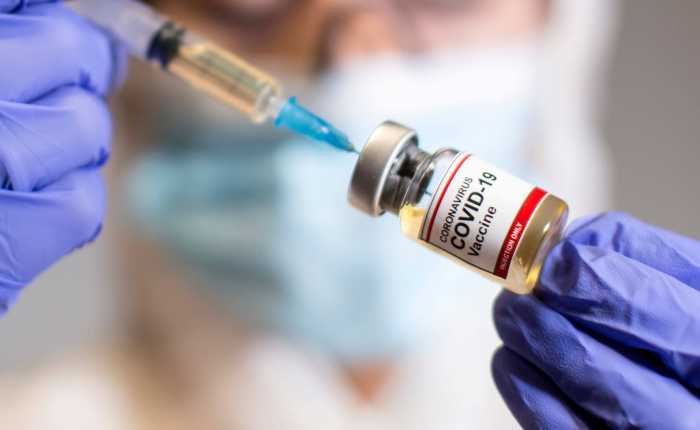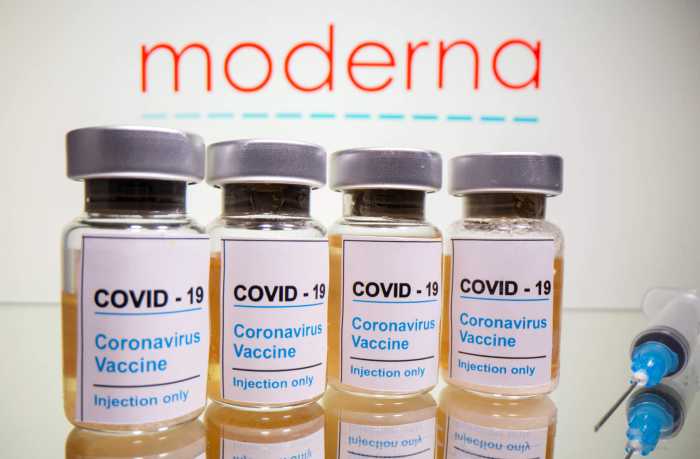New York City public hospitals performed far worse in administering COVID-19 vaccines to their staff and patients than well-funded private healthcare facilities, according to numbers released by Gov. Andrew Cuomo Friday.
Figures provided by hospitals and healthcare facilities to the state showed a wide discrepancy in the percentage of hospital staff vaccinated in the five boroughs, with the city’s Health + Hospitals outposts at Kings County Hospital Center reporting it inoculated only 27.6 percent of its workers, the second-lowest in the state ahead of St. Josephs Hospital at 23.5 percent.
Bellevue Hospital in Manhattan vaccinated 29.3 percent of its staff as of Jan. 14, the third-lowest in the state.
Expensive private healthcare providers topped the state-wide list, with NYU Langone Health-Cobble Hill in Brooklyn having vaccinated 99.3 percent of its staff, followed by New York-Presbyterian Hospital/Columbia University at 88 percent.
Cuomo warned that hospitals failing to vaccinate their staff will further exacerbate the virus spreading, especially as the more contagious variant of the bug from the United Kingdom has detected in the Empire State.
“If you’re not vaccinating the nurses and the doctors, then they will get sick, if they have the infection they will be a super spreader,” the governor said at his Jan. 15 press briefing. “No one wants to go into a hospital and be vaccinated by a nurse who has covid, you don’t help people the way so we have to do a better job when it comes to this.”
Medical facilities and public clinics in low-income neighborhoods dominated the worst performances of administering the first of two vaccine doses in the city, with Total Care Rx in Queens injecting only 18 percent of its doses into arms, or NYC H+H/Sydenham at 19 percent.
On the other end of the spectrum, well-resourced healthcare providers like NewYork-Presbyterian, NYU Langone Health, and Mount Sinai administered 100 percent of their first doses during that same time.
Across the city, 60 percent of allocated first doses have been administered, compared to 74 percent statewide.
Some healthcare workers even declined a vaccine, however New York City’s rejection rate of 13.3 percent was relatively low compared to other parts of the state, such as the Mid-Hudson region, where a record 28.5 percent declined the jab.
Cuomo said that the distrust in the vaccine might be larger among Black New Yorkers due to the troubled history of the federal government toward African Americans, specifically the Tuskegee experiment during the mid-20th century, when hundreds of Black men with syphilis were left untreated so that scientists could study the effects of the disease.
“We do hear anecdotally that some members of the Black community are less accepting of the vaccine and there’s a lower acceptance rate,” Cuomo said. “If you went through the Tuskegee experiment so to speak from this federal government, you’d have lack of trust. But this vaccine is different.”
“If you look at the makeup of the [hospital] staff, you may be seeing variances,” he added. “It doesn’t explain the gross deviations, but it’s a factor to consider.”
Meanwhile, Mayor Bill de Blasio warned earlier Friday that the city is on track to run out of its vaccine supply by next week, calling on the federal government to send additional doses.
“We will run out of vaccine next week in New York City,” said de Blasio. “The supply should go to where there is an infrastructure to get it into people’s arms. We know there is supply in this country not being used.”
The city has less than 186,000 first doses remaining and two of the largest hospital systems, NYU Langone Health and Mount Sinai, are no longer booking appointments, with all systems expected to run out by the end of next week without a resupply, according to de Blasio.
Healthcare workers, essential workers, and those aged 65 years or older are now eligible for the shot, making up about 7.1 million New Yorkers statewide. Cuomo criticized the federal government for creating a high demand early on that will inevitably bottleneck with a weekly allocation of only 300,000 doses, which is set to decrease further to 250,000 next week.
“What they did was like opening the floodgates of eligibility and you have a rush of 7 million people, ‘I want the vaccine, I want it now, I was told I’m eligible,’ and that entire flood has to go through a syringe.”



























